De-Healthification: Israel’s Engineered Collapse of Palestinian Life
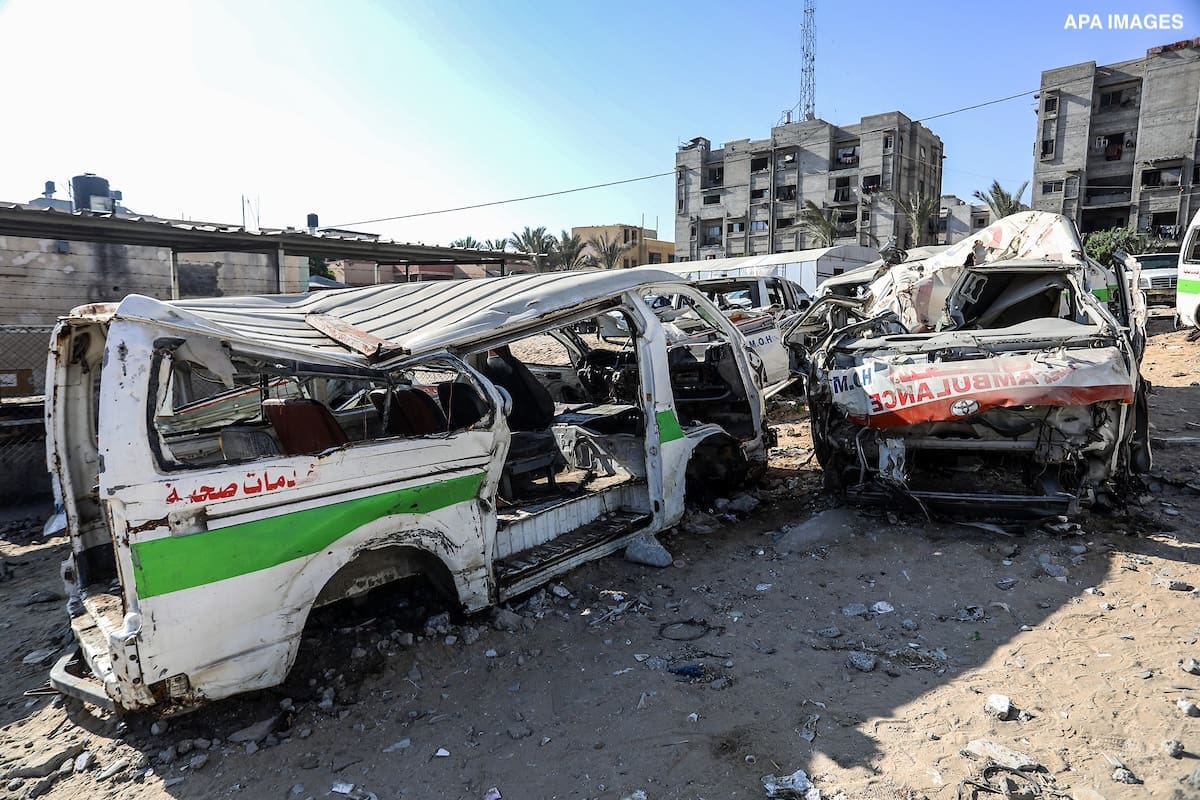
Introduction Since October 2023, Israel’s genocidal military campaign in Gaza has led to the collapse of nearly every pillar of the territory’s healthcare system. The Israeli occupation forces bombed hospitals, killed medical personnel, obstructed humanitarian convoys, and decimated critical infrastructure. Major human rights organizations have documented that the destruction of healthcare in Gaza is systematic […]
Christian Zionism in the Global South: The Case of South Africa
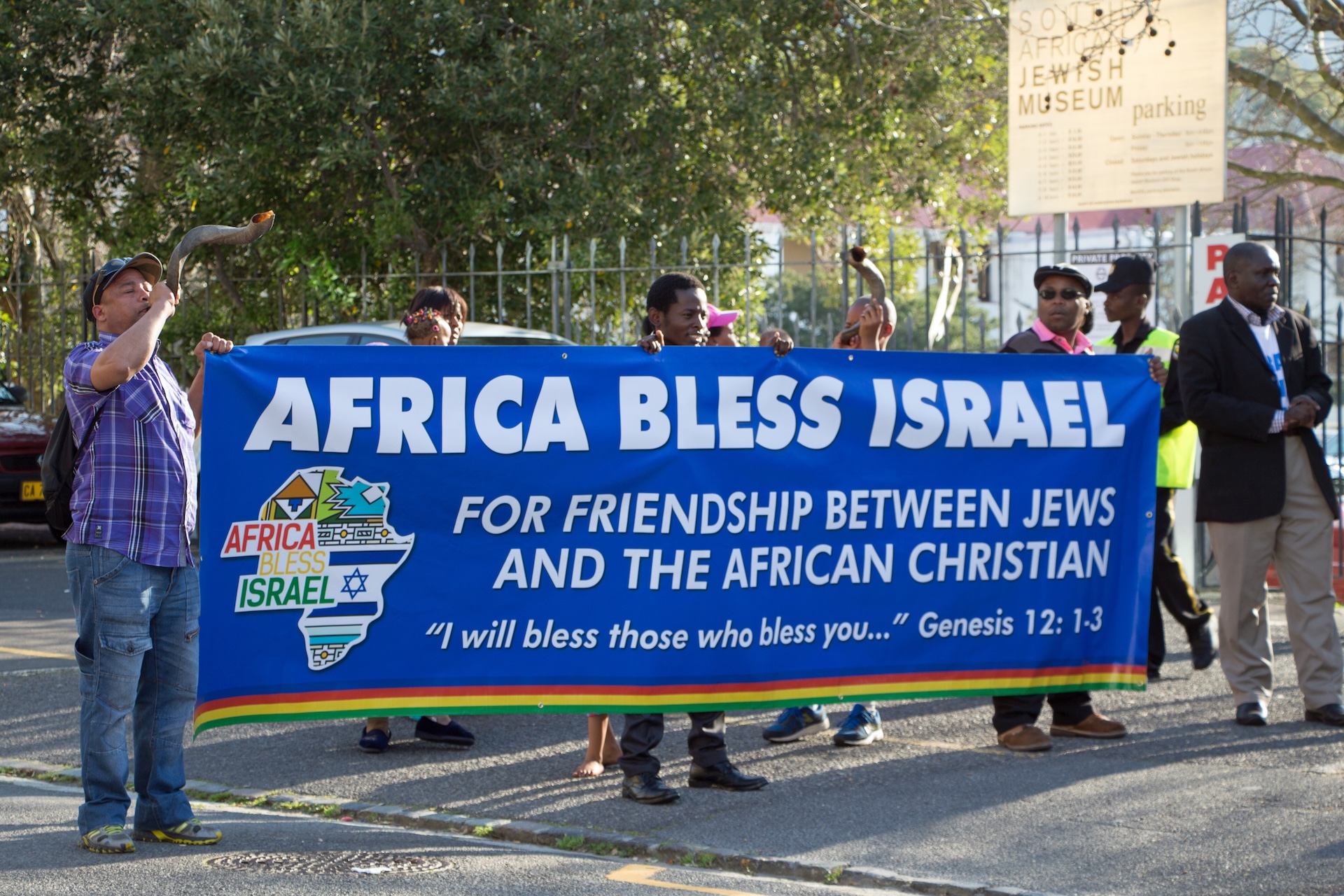
In the nineteenth century, European empires used Christian missions to legitimize their conquest of African lands, seize resources, and entrench cultural domination. Mission schools and churches spread Western values, undermined African traditions, and framed service to the empire as service to God. Within this broader imperial landscape, British evangelicals began advancing a political vision for […]
AI for War: Big Tech Empowering Israel’s Crimes and Occupation
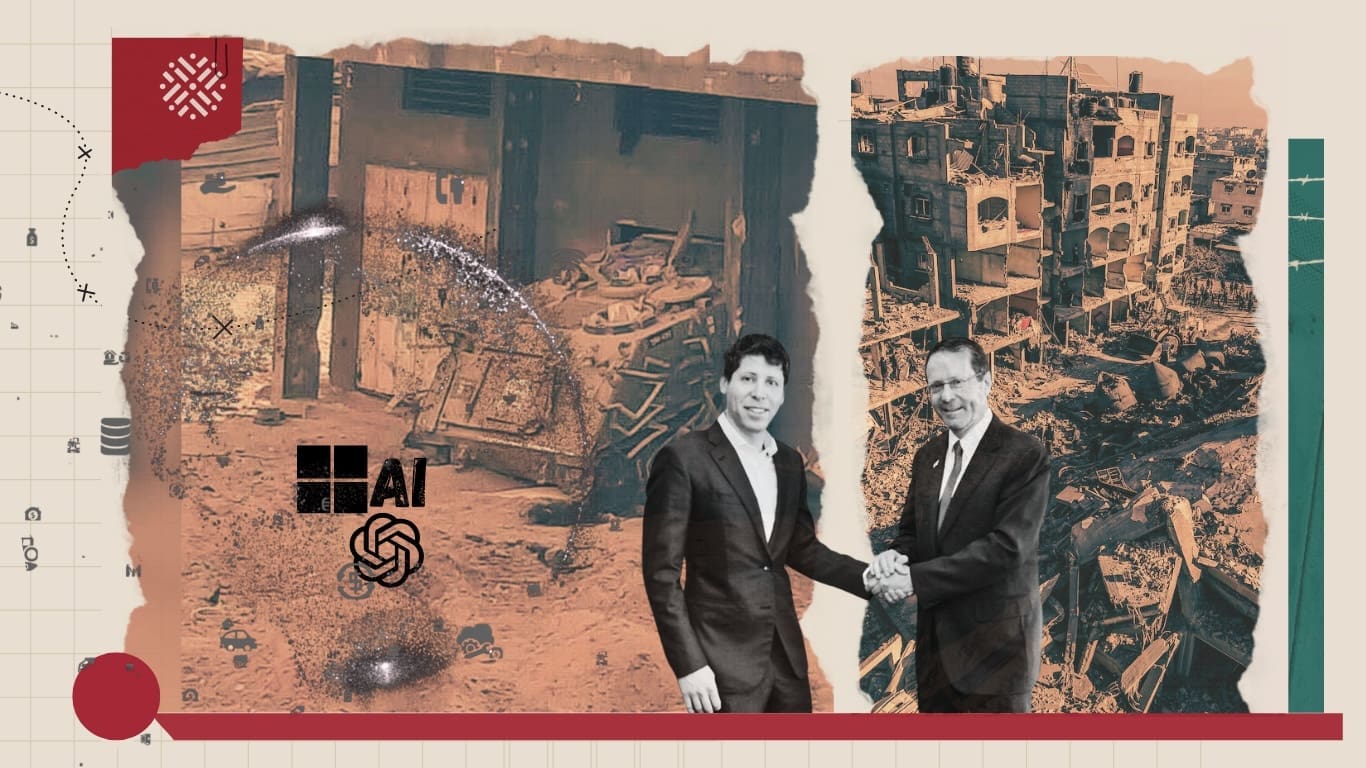
Introduction US technology giants portray themselves as architects of a better world powered by artificial intelligence (AI), cloud computing, and data-driven solutions. Under slogans such as “AI for Good,” they pledge to serve as ethical stewards of the technologies reshaping our societies. Yet in Gaza, these narratives have collapsed, alongside international norms and what remains […]
Project Esther: Suppressing Palestinian Solidarity in the US
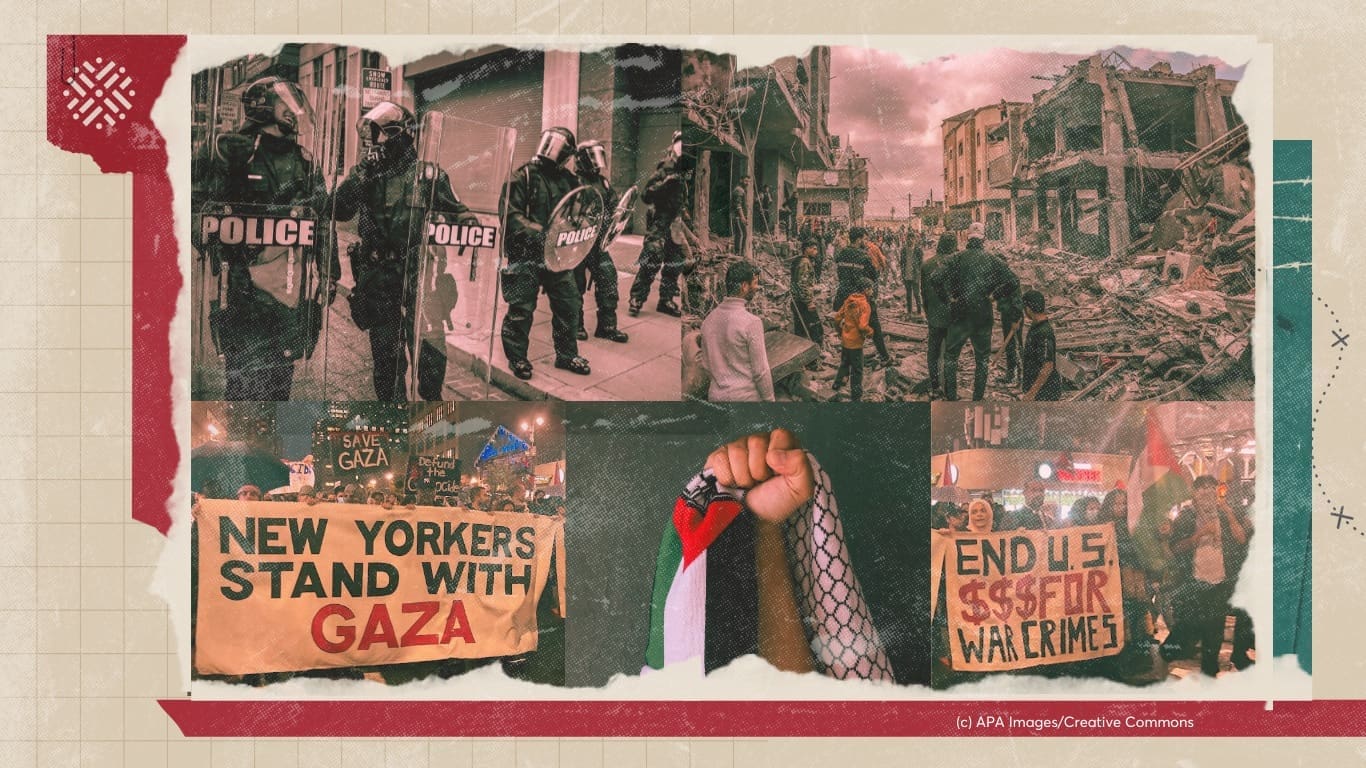
Introduction On October 7, 2024, marking one year since Hamas’s Al-Aqsa Flood operation, the conservative DC-based Heritage Foundation introduced Project Esther as their latest and most brazen effort yet to crush Palestinian solidarity. Framed as an initiative to combat antisemitism, Project Esther exclusively targets voices and groups critical of the Israeli regime. It calls for […]
Depressing the Vote: Genocide and 2024 US Presidential Race
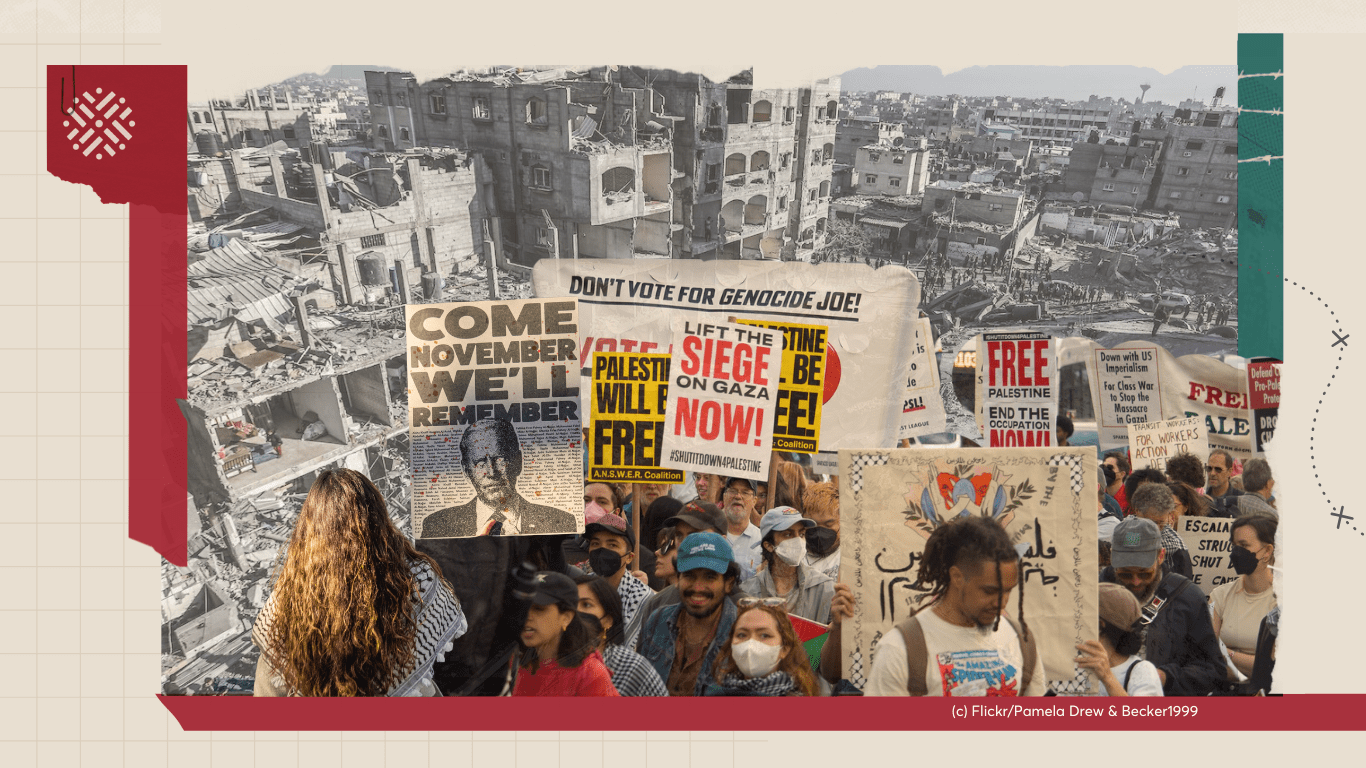
Introduction The Democratic Party failed to recognize the profound impact of its support for the Israeli genocide in Gaza on its defeat in the 2024 US presidential elections. Many analysts have downplayed the effect of the genocide on former US Vice President Kamala Harris’s loss, emphasizing other factors that depressed voter support and turnout. The […]
Gaza’s Telecommunications: Occupied and Destroyed
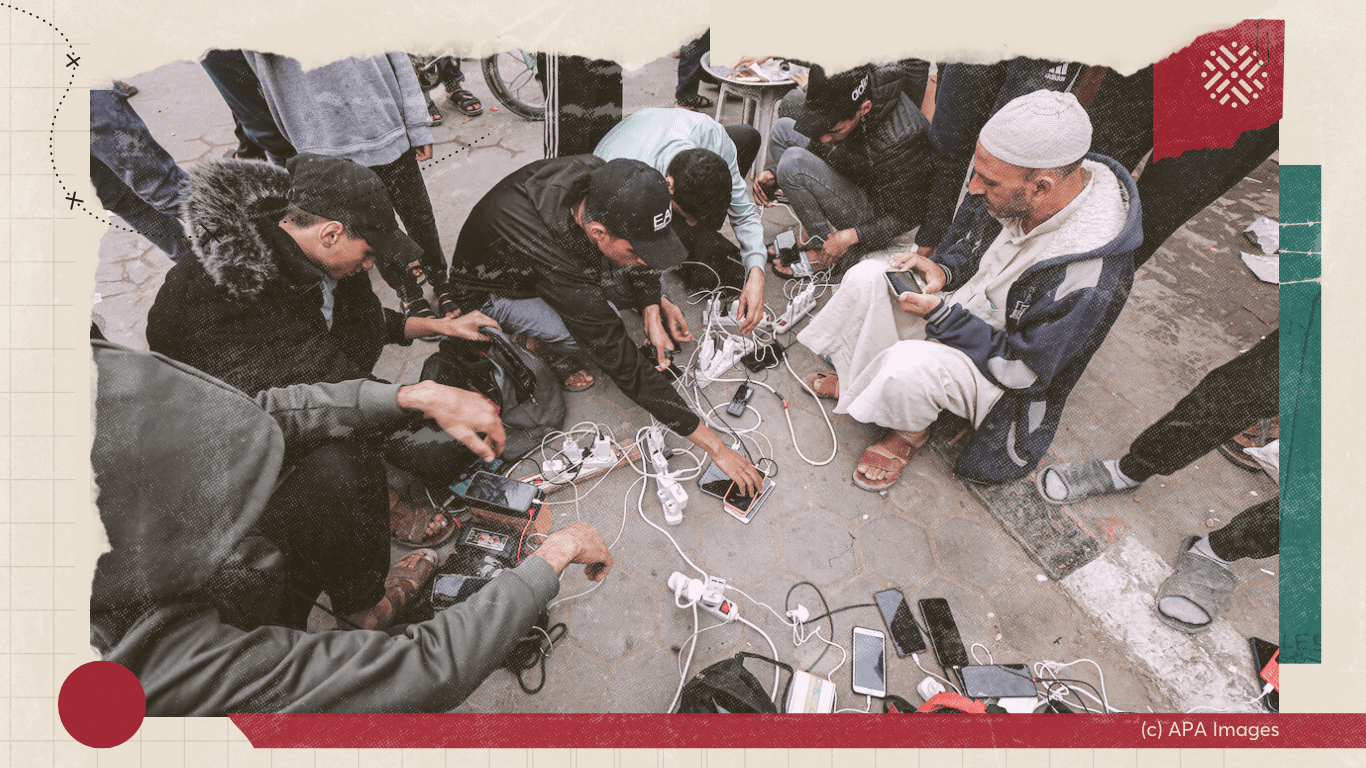
Introduction In the 21st century, telecommunications—particularly the internet—have become indispensable tools in the global struggle for freedom and dignity. For Palestinians in Gaza, who have endured over 17 years of Israeli blockade and many more decades of Israeli colonial occupation, the internet serves as a critical lifeline: a channel to communicate with the outside world […]
Israel’s Exploitation of Palestinian Labor: A Strategy of Erasure
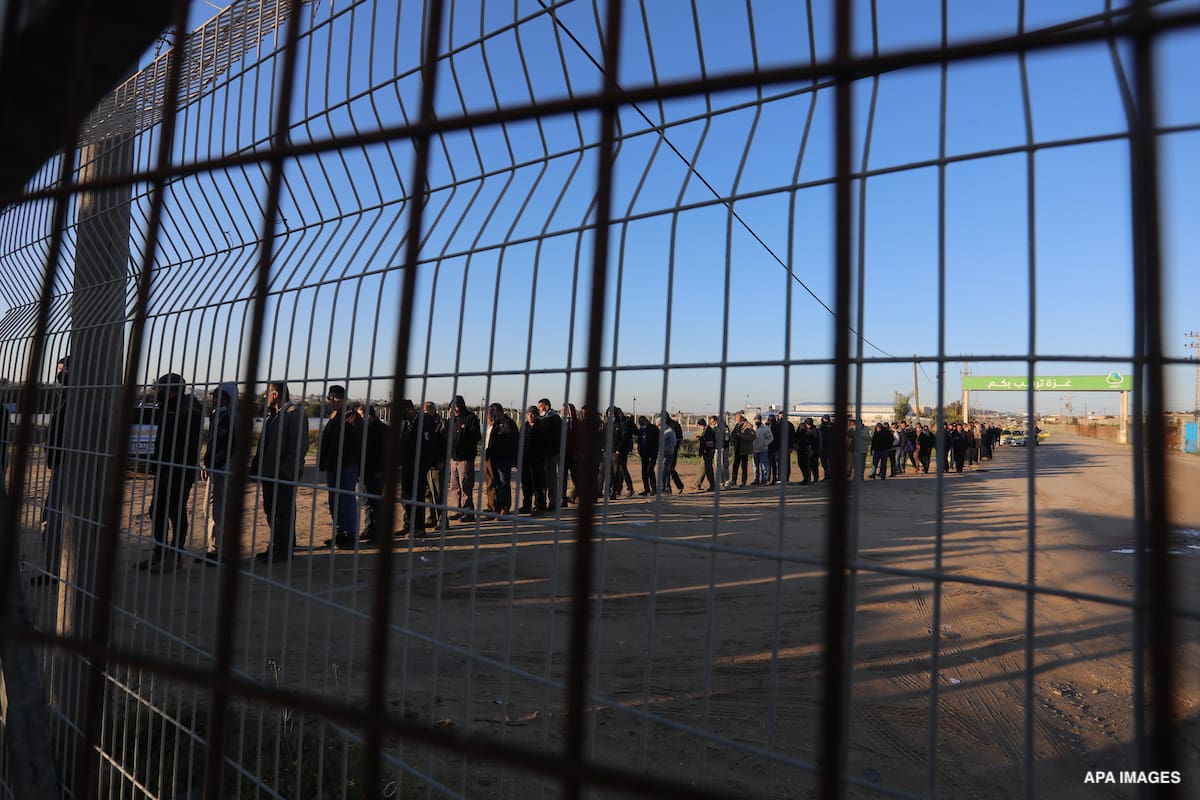
Introduction Since the start of the genocide in Gaza, Palestinian laborers working in the Israeli market have become a top target for Israel’s Civil and Economic Affairs Cabinet and the Knesset’s Foreign Affairs and Defense Committee. Among a series of decisions taken by the Israeli government following October 7, 2023, was the cancellation of work […]
Food Sovereignty in a Palestinian Economy of Resistance

Introduction In their struggle against Zionist settler colonialism, Palestinians have long worked towards establishing a resistance economy. Understood as a form of popular organizing such that economic institutions and activities serve the political aims of the Palestinian struggle, the notion of a resistance economy emerged organically during the early decades of the liberation struggle and […]
Why Scapegoating UNRWA Must Stop
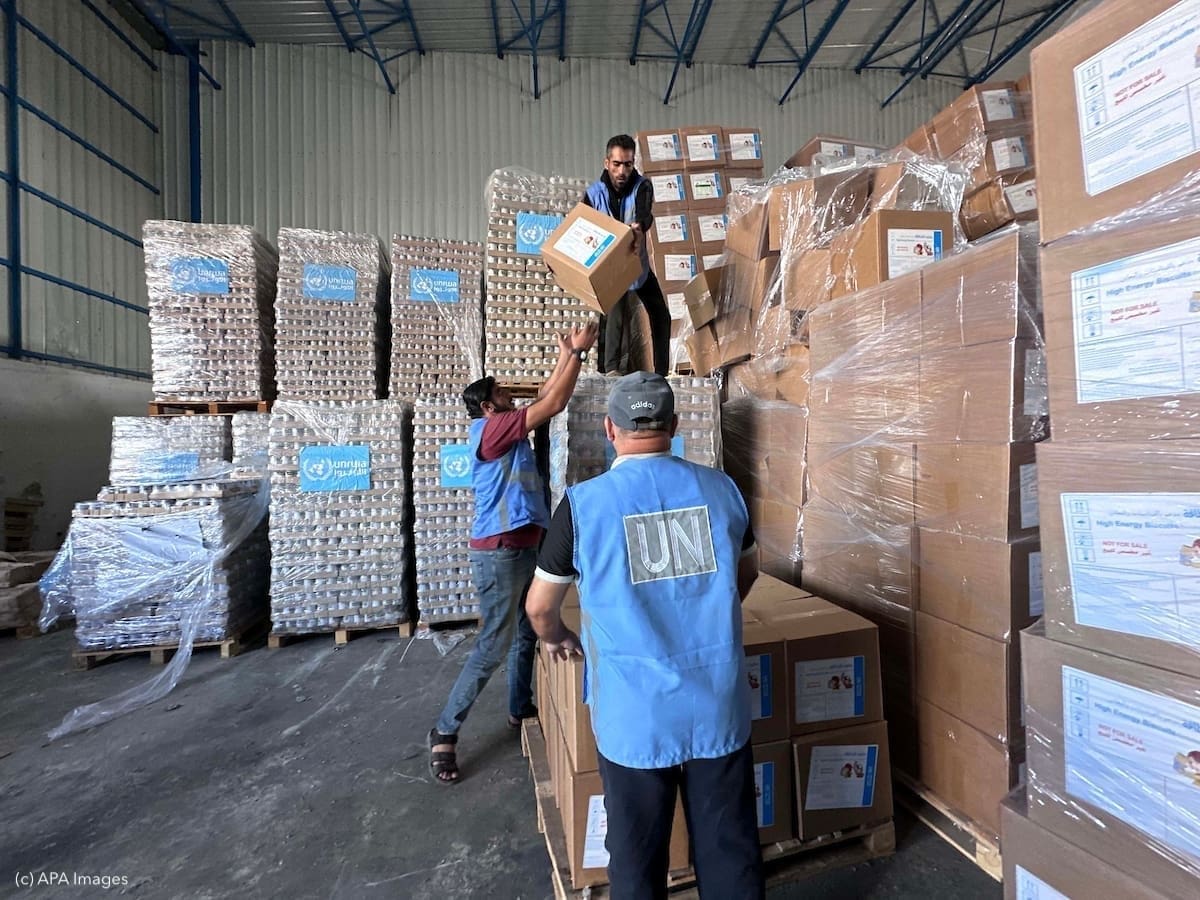
Overview The United Nations Relief and Works Agency for Palestine (UNRWA) is facing politically induced financial pressure that looms over its future and very existence, putting the lives and rights of more than 5.9 million Palestinian refugees in jeopardy. Owing to historical and political reasons, the international community devised a distinct regime for Palestinians forcefully […]






